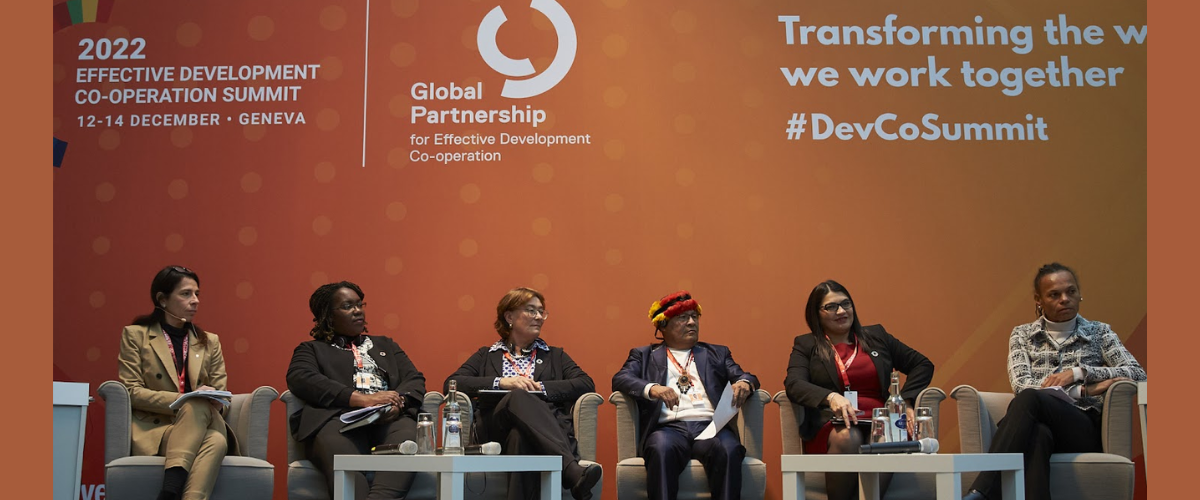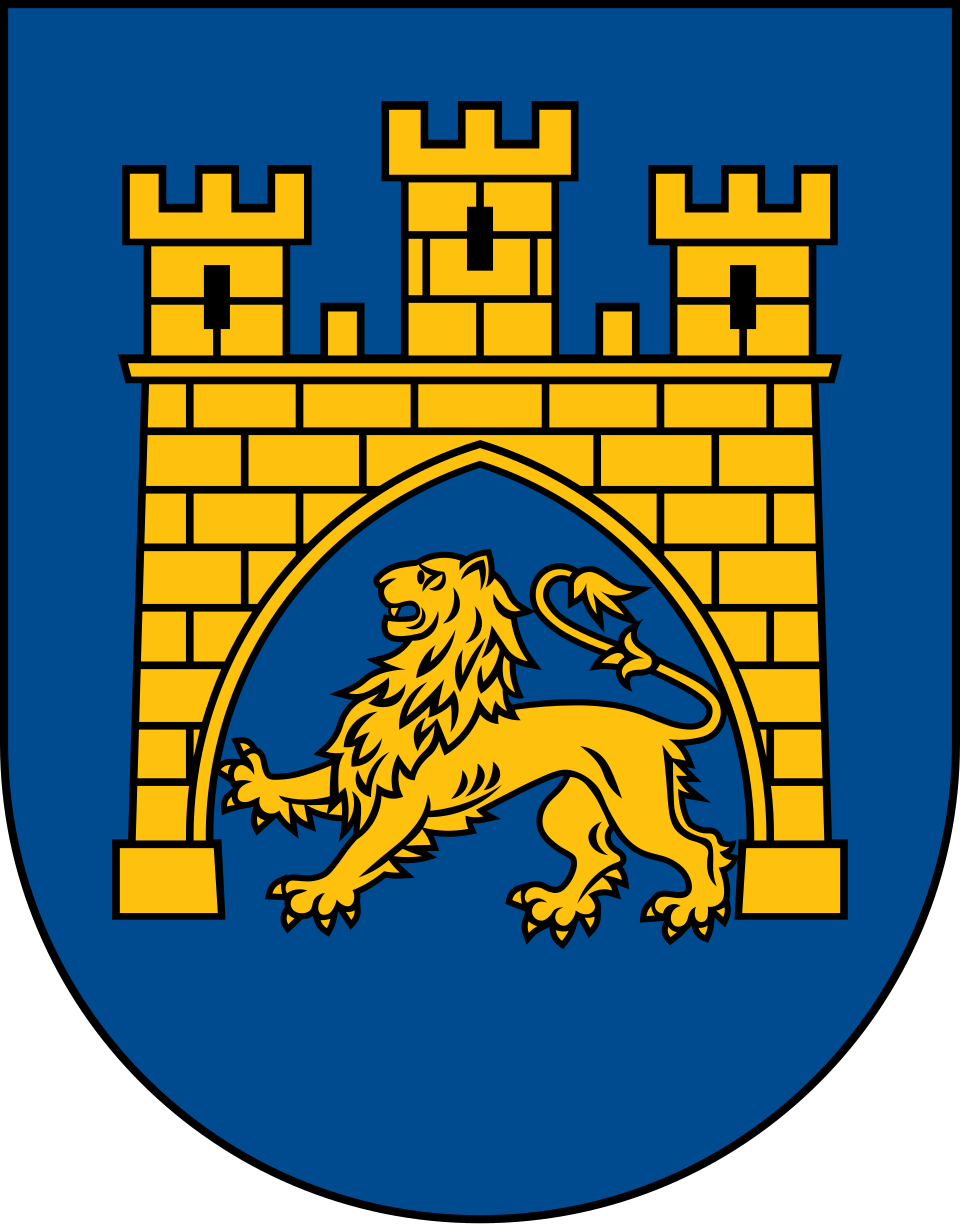The debate on Effectiveness in the aftermath of the Geneva Summit

Yoya Alcoceba
Director General for Development Cooperation
Generalitat de Catalunya
In recent years, there has been a growing recognition of the important role that subnational governments play in development, and of the need for their participation in the international meetings and debates that are dealing with the different dimensions of sustainable development. Namely, development scope and results (the Millennium and 2030 Agendas), development financing (Monterrey, Addis), and notably development cooperation. Here, the conferences in Rome, Paris, Accra and Busan on “aid” and its quality gave way to an open and constructive debate on the improvement of the effectiveness of development cooperation.
In fact, the Busan high-level conference (2011) marked an important milestone in the subnational participation in the international development cooperation effectiveness debate. On this occasion, the Government of Catalonia, representing the Organisation of United Regions (ORU-FOGAR), together with United Cities and Local Governments (UCLG), the United Nations Development Programme (UNDP) and the Informal Donor Group on Decentralisation and Local Governance (DeLoG), organised a side event under the title "Aid Effectiveness at Sub-State Level. The role and contribution of sub-state governments and other actors on aid and development effectiveness in a context of multi-stakeholder and multi-level governance".
One of the important decisions of the Busan meeting was the creation of a more permanent space for dialogue and coordination between the different stakeholders and actors in development cooperation: the Global Partnership for Effective Development Cooperation, or GPEDC. Over the last decade, ORU-Fogar and UCLG have represented subnational governments at the Global Partnership. Within ORU, it has been the responsibility of Catalonia, leader of its Development Cooperation Working Group, to ensure participation and to promote its multi-year work plan.
These years have also shown us that the approach of Official Development Assistance (ODA), that is public spending on assistance programmes to other countries, is a concept both fundamental and limited. Fundamental, because it constitutes a known and predictable work stream, where the local and regional cooperation agenda has identified some priorities –such as improving the reporting of sub-state ODA or multilevel governance in cooperation policies–which should continue to be at the heart of our efforts in the coming years. And limited, because beyond ODA –and in that more diffuse space of "decentralised cooperation"– we find practices, trends and innovations (city-city cooperation, triangular and network cooperation, twinning and other horizontal, peer-to-peer connection modalities) that represent the most specific and distinctive contribution of the development practices implemented below the level of central government, and close to civil society. They must also find their place in future efforts for more effective development cooperation.
These and other issues were discussed at the recent Summit of the Global Partnership for Effective Development Cooperation (Geneva, 2022). This meeting took place in a difficult context, with multiple crises, democratic setbacks and new risks to the cohesion of our societies. The Summit allowed us to confirm the relevance of Effectiveness as a guiding principle of our actions: with declining human development indexes and in the context of critical needs, coordinated and concerted international action is more important than ever. The organisation of the efforts of the many actors involved in the pursuit of development, and the progress towards the global challenges we face make the effectiveness agenda even more necessary than before. As we stated in the document "The regions' commitment to the 7th World Summit on Aid Effectiveness", the principles of ownership, the focus on results, inclusive partnerships and transparency and mutual accountability retain their crucial importance in this fragmented and complex landscape. We are ready to continue on the path we have taken and to further increase our efforts, and those of our partners and regions, to make development cooperation a successful instrument to address the important challenges facing our societies.










































































